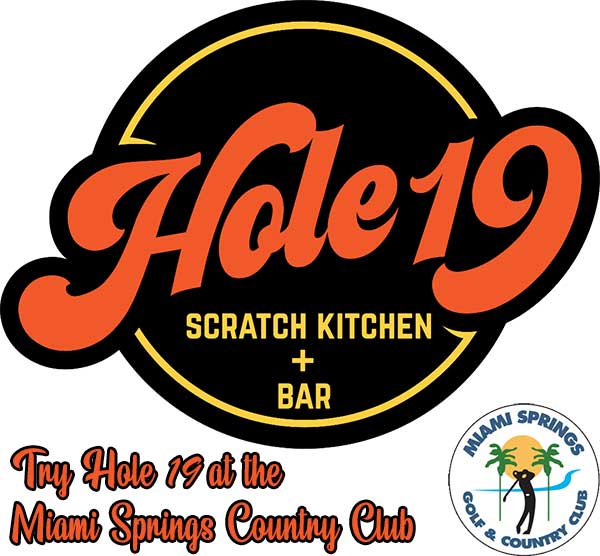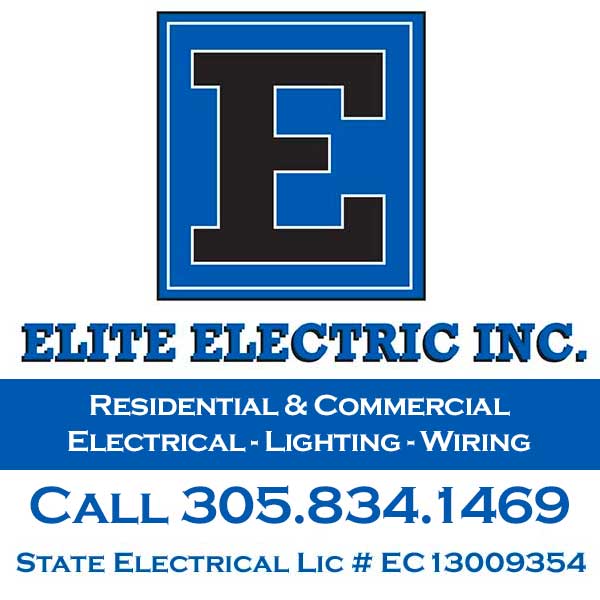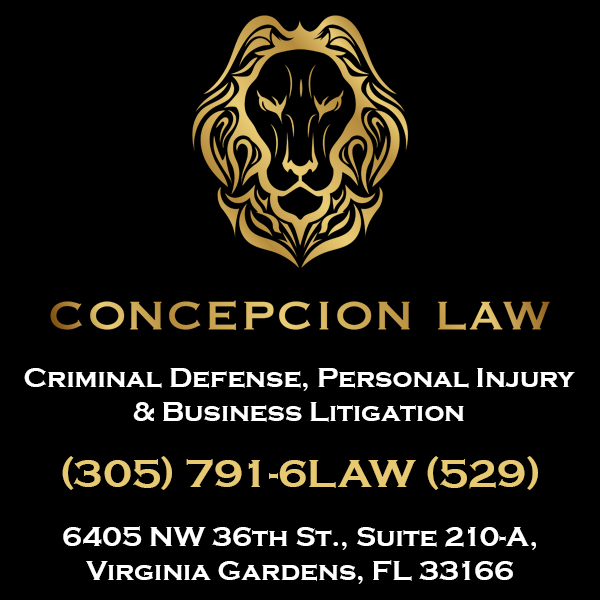Has everyday conversation among people fallen into disuse? It isn’t that we’re not talking, it’s that we’re not speaking properly. People who say ‘y know’ a lot, and over-use the word ‘like’ is a speech pattern they use when the brain stalls for time, searching for the next thing to say. It’s quite common. We tend to let it go.
But here I am, standing on the top of Mt. Thorndike-Barnhart and screaming into the universe, “Merriam Webster, save me from the mundane and the arcane”. When listening, I mentally count the number of times people say the word ‘like’. Is that being anal retentive or am I too language picky? When someone ends any sentence with the words ‘and stuff’ do I start to twitch? Yeah.
Today, communication between people tends to meander from the abrupt to the obtuse as they utter the weirdest things. Proper usage of the language as we know may be coming to a halt as our cell phones develop into the extension of our hands. But out of the black hole of phrases that ‘don’t mean anything’ comes one that has taken us to a tipping point of use/abuse.
No problem; it may be getting better. Americans are finally waking up to the fact that when they say ‘no problem’, it doesn’t really mean anything. Here’s a ray of hope. More and more people, to their credit, choose not to utter the popular phrase. We think they’re from England and stuff.
In a press release which shocked the unschooled, the U.S. Advisory Council on the use of Popular Expressions in America (ACPEA) said ‘No Problem’, a phrase that has become to some, an annoying, meaningless way to somehow communicate, will be phased out of the lexicon. The Council went on to define the word ‘lexicon’ for most Americans.
’No’ and ‘Problem’ are the 2 worst words to utter when in customer service. When you put them together, they make no sense at all, as when you say ‘Thank you’ and they say ’No Problem!’. Was there ever a problem? No!
Traditionally, we’ve responded with phrases such as ‘you’re welcome’ or ‘my pleasure’ when thanked for a service. It reflects humility on the part of the person being thanked, but ‘humility’ flew out the window when the ‘selfie’ wormed its way in.
The person offering thanks is grateful for the service performed and a gracious “you’re welcome” acknowledges the gratitude.
By saying ‘No Problem,’ the person is actually saying “this act or service did not inconvenience me in any way”. At this point even a polite customer is thinking, “Stick it where the sun don’t shine”.
We rely less and less on the spoken word or the face to face and more on our hand held devices. Siri knows more about anything than we do and it’s more common to whip out that cell phone and ask her.
Bob Yudernough, spokesperson for the group ‘English as it should be Spoken’, said “‘Have a good day’ is next, believe me.” Let’s face it, we’re a nation of sound bites and phrases.
‘It is what it is’ and ‘To coin a phrase’ have ‘Jumped the Shark’ and outlived their usefulness. Let’s hope ‘No Problem’ is one of them. If you don’t agree, ‘Talk to the Hand’, ‘Keep your chin up’ and ‘Play it by ear.’
Next time, we’ll talk about the merits of the phrase ‘Your call is important to us’ while you wait…..and wait…..and wait!
With all due respect; whatever!





















